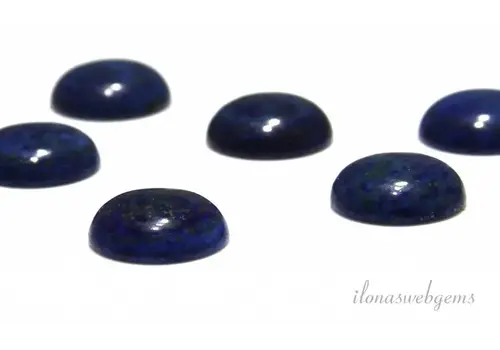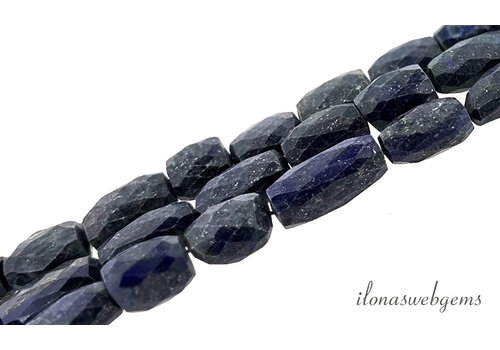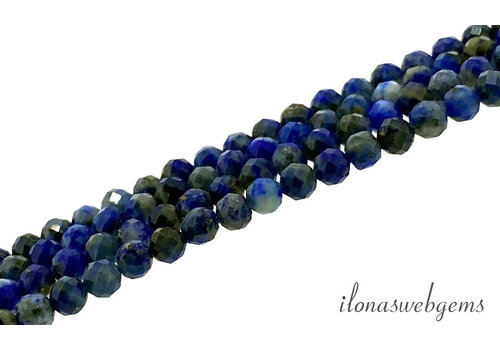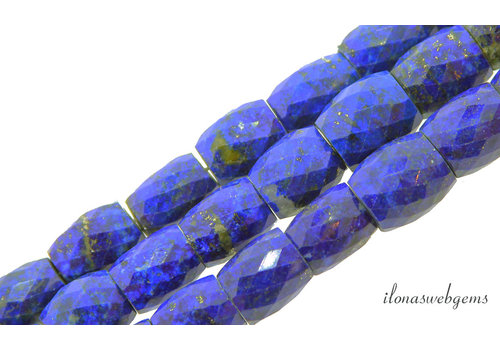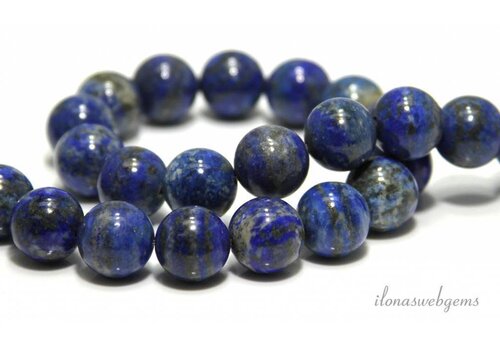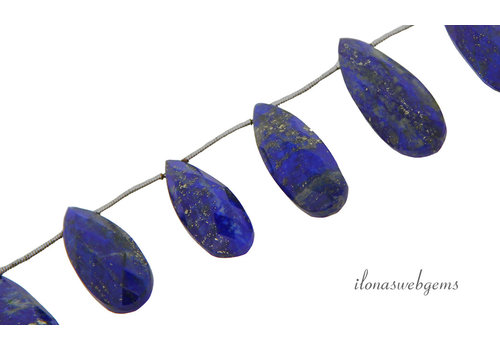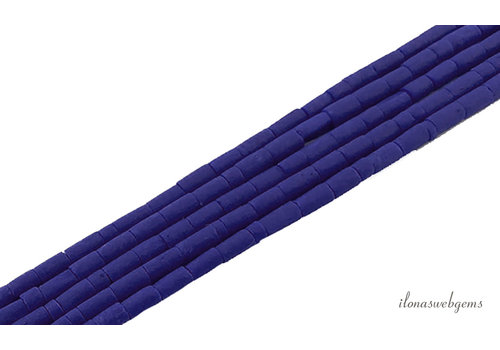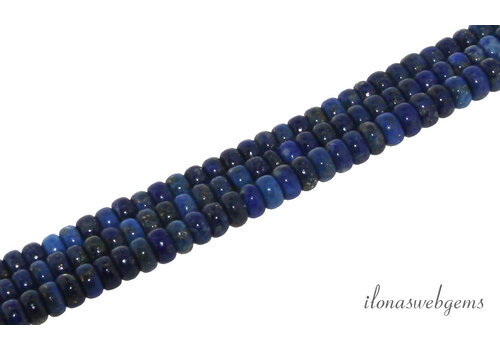Lapis Lazuli beads - 100% natural beads of excellence!
- 100% natuurlijk
- A kwaliteit
- Streng ca. 38cm
- 100% natuurlijk
- Streng ca. 40cm
- Klik voor staffelkorting
- Streng ca. 38.5cm
- 100% natuurlijk
- Voordelige keuze
- 100% natuurlijk
- Streng ca. 34cm
- Met de hand geslepen
- 100% natuurlijk
- Met de hand geslepen
- Streng ca. 35.5cm
- 100% Natuurlijk
- Streng ca. 38cm
- Rijggat ca. 0.6mm
- 100% natuurlijk
- Streng ca. 40cm
- Streng ca.40cm
- 100% natuurlijk
- 7 soorten edelsteen
- van elk soort 7 kralen
- Amethist
- Lapis Lazuli
- Blue Spot Jaspis
- Aventurijn
- Tijgeroog
- Butter Jade
- Rose Jaspis
- 100% Natuurlijk
- Streng ca. 37cm
- Rijggat ca. 0.5mm
- Afmeting streng ca. 55cm
- Afmeting streng ca. 55cm
- Afmeting streng ca. 18cm
- Streng ca. 18cm
- Incl. tussenstukken
- Klik voor staffelkorting
- 100% Natuurlijk
- Streng ca. 39cm
- 100% Natuurlijk
- Streng ca. 38cm
- 100% natuurlijk
- Streng ca. 39cm
lapis Lazuli
Mineralogical seen Lapis Lazuli is a rock. Indeed, it is composed of several minerals, such as calcite, augite, diopside, and pyrite. However lazurite is always the main ingredient. Pure lazurite has a dark blue to greenish blue color. Come in lazurite other minerals such as calcite and Pyrite in particular, we call it rock Lapis Lazuli.
Lapis Lazuli (which is not dyed) occurs in various qualities. A nice quality has little to no white calcite and evenly distributed color. Afghanistan is the largest supplier of this quality. Since the darkest form of lapis lazuli comes from; the beloved royal blue with shiny bits Pyrite care of the glare. If this is evenly and finely distributed over the stone the pyrite increases the quality. Pyrite also guarantees the authenticity of the stone. This also applies; a deeper blue increases the price of the stone. Too much pyrite creates a greenish appearance in lapis lazuli which the value of the stone decreases.
History
Already in ancient lapis lazuli known. When British researchers in 1922 opened they discovered unknown treasures the tomb of Tutankhamen. BC ruled the Pharaohs ruled Egypt. His tomb was richly decorated with Lapis Lazuli. The death mask of Tutankhamun is well known. It is richly inlaid with royal blue stone.
The discovery of a bracelet from the first dynasty (around 3150 to 2853 BC) shows that lapis lazuli in Egypt is still used in the past. The design, location worn by a princess Thinitische can even today be used. It is formed by three marker thread, which alternately beads of gold and Turquoise are strung. Spherical beads of lapis lazuli interrupt this pattern where the three wires going through.
In ancient Egypt represented the color blue and the divine was the symbol of life and rebirth. Both aspects were an integral part of life at that time.








